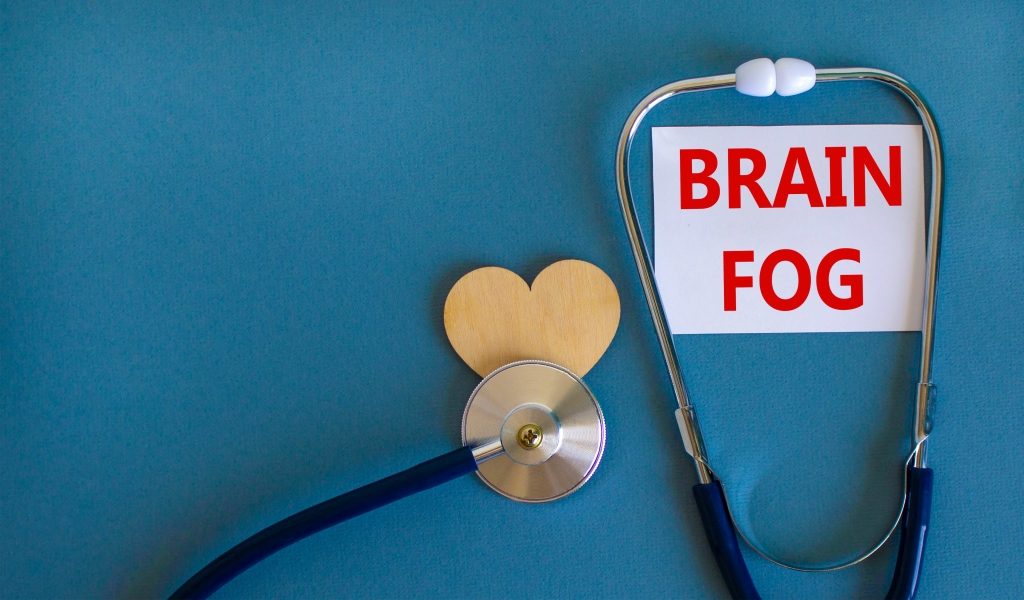They are one of the most recognizable and often one of the earliest symptoms of alcohol withdrawal. In some people, as the withdrawal process continues, symptoms can worsen and develop into more severe symptoms, such as delirium tremens, hallucinations, and seizures. It’s crucial to be aware of these symptoms and to understand that they are a normal part of the withdrawal process.

Rest and Stress Management Techniques
Navigating through this period can be a formidable challenge since it’s characterized by a spectrum of symptoms. Among these, the ‘shakes’ or tremors stand out as particularly prominent. Gaining a deeper understanding of these symptoms — their http://germany-my.ru/indota416.htm origins, their implications, and effective management strategies — is crucial.

Seeking Treatment for Alcoholic Shakes
- During prolonged alcohol use, the body compensates for the depressant effects of alcohol by increasing the activity of excitatory neurotransmitters.
- Addicted individuals often express feelings of anxiety, fear, and stress.
- Alcohol shakes are a common symptom of alcohol withdrawal that may occur when a heavy or long-term drinker stops drinking.
- Deficiencies in B-complex, C, calcium, potassium, magnesium and other nutrients are common with alcohol use disorder.
This hyperactivity is a sign of our body trying to adjust to the lack of alcohol. In this post, we explore why alcohol tremors and hangover shakes occur — and later, we explore some ways to address this problem. Seeking professional help is crucial for safe and effective management of alcohol withdrawal. When drinking is suddenly stopped, the balance of these neurotransmitters is disrupted, leading to brain overexcitation. This imbalance is the cause of tremors or shakes, as the brain tries to send coordinated signals to muscles.
Unraveling Alcohol Withdrawal and Alcohol Tremors

If your shakes last longer than 24 hours, or if you’re concerned that they might be a sign of withdrawal, it’s best to talk with a healthcare professional as soon as possible. https://www.theriteofspringat100.org/page/2/ Low blood sugar might also play a role, as alcohol can have an impact on your body’s ability to monitor blood sugar levels. When blood sugar gets low, it can result in shaking, along with other hangover-like symptoms, including sweating and headaches. The timeframe can also vary from person to person, depending on how much alcohol is consumed and your body composition.

It is also important to follow any prescribed medication regimen, as http://fc-sochi.com/showthread-t_825-page_9.html medications may cater to specific long-term consequences of alcohol abuse, such as brain damage. Remember that eating before or while drinking can minimize the rate of alcohol absorption, thus reducing hangover symptoms like shaking. Family and close friends who understand and support your recovery goals are an invaluable asset to recovery. Many of those recovering from substance use feel alone in their struggle for sobriety. The more people in your personal network that you trust to support your journey, the more likely you are to be successful. The earlier you can recognize drinking as a problematic behavior, the better the chances are of stopping an addiction before it starts or getting the help you need to move toward sobriety.

How alcoholism may contribute to shakes
- Over time, your body adjusts to being alcohol-free, and you won’t experience withdrawal symptoms.
- Heavy alcohol consumption causes changes in brain chemistry, slowing brain activity and reducing energy levels.
- Remember, every step you take, no matter how small, is a step towards a better life.
- Depending on the severity, someone undergoing professional detox may opt for residential treatments or outpatient options.
Delirium tremens, also called DTs or alcohol withdrawal delirium (AWD), is an uncommon, severe type of alcohol withdrawal. It’s a dangerous but treatable condition that starts about 2-3 days after someone who’s dependent on alcohol suddenly stops drinking. Alcohol shakes, also known as tremors, are a common sign of alcohol withdrawal. They typically occur when someone who regularly drinks significant quantities of alcoholic beverages stops drinking, and the effect of alcohol starts wearing off. This article will review alcohol shakes, their causes, treatment, the other signs of alcohol withdrawal, and when a person should contact a doctor.